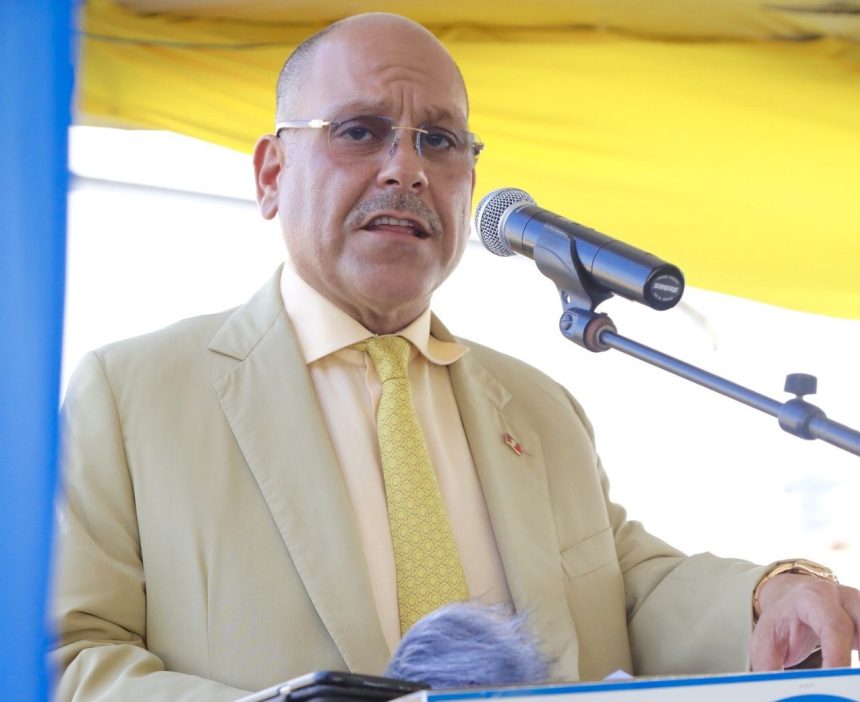The Prime Minister clarified that while former government officials and parliamentarians may be eligible for a state funeral based on their contributions, Asot Michael’s achievements did not reach the threshold necessary for this honor.Prime Minister Gaston Browne explained that state funerals are reserved for figures like heads of state, prime ministers, national heroes, or those who demonstrate “exemplary contributions both in service and character.”
Browne elaborated on the protocols that differentiate an official funeral from a state funeral, noting, “For a state funeral, the individual must have contributed at a significant level, beyond the call of duty.”He added that any recipient of this honor must also be “beyond reproach in terms of integrity and character.
Using the recent example of Sir Ramphal’s state funeral in Guyana, Browne highlighted the level of achievement required: “Ramphal’s role as head of CARICOM and the Commonwealth Secretariat and his work as a legal luminary placed him in a different ‘stratosphere’ in terms of contribution. That in itself qualified him for a state funeral.”
For Members of Parliament like Michael, the standard remains an official funeral, involving attendance by government officials and parliamentary colleagues.
Browne specified, “When you accord someone a state funeral, it requires a half-day or full public holiday, and notifications to various countries and organizations, who in turn send dignitaries. It’s a far more significant protocol than an official funeral.”
Reiterating that Michael’s contributions did not meet the standard, Browne stated, “The contribution of Comrade Asot Michael does not rise to the level of a state funeral to be the equivalent of [Sir Lester Bird] or [Sir Ramphal] in terms of the accolades accorded to him.”










